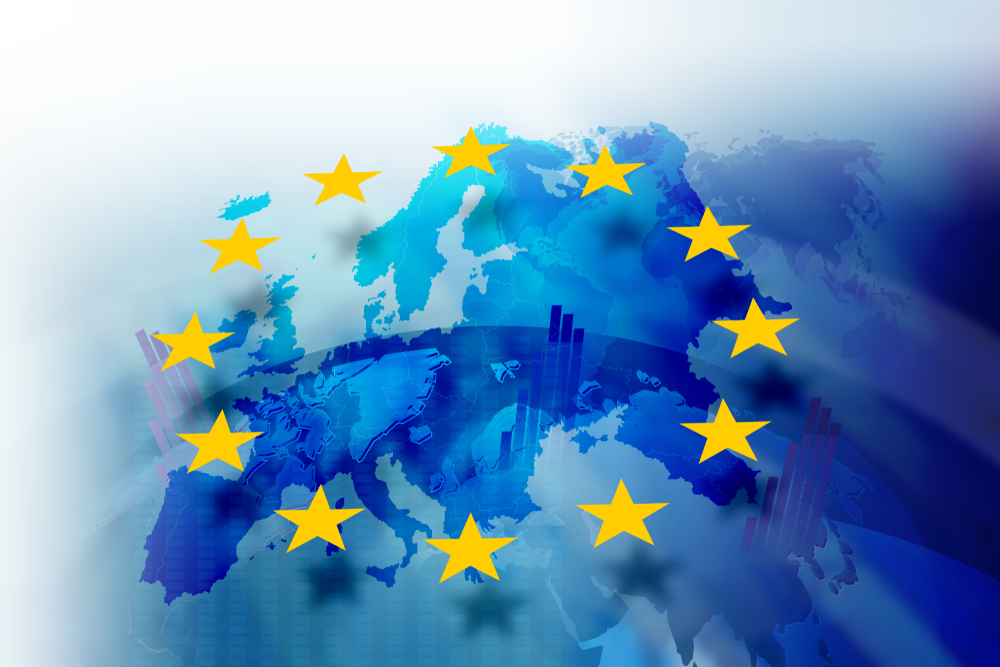Through the 2025 Horizon Europe work programme, the European Commission has launched a transformative €7.3 billion investment aimed at driving Europe to the forefront of global research, innovation and sustainability.
This ambitious fundraising plan is set to drive scientific excellence, speed up the green and digital transition, and increase the economic resilience of Europe in an increasingly competitive world.
The 2025 programme forms an important part of Horizon Europe. The EU flagship €93.5 billion research and innovation initiative will be carried out until 2027.
With a new focus on talent, climate action, digital leadership and global collaboration, the updated programme of work reflects the EU’s strategic priorities and simplifies access to researchers and innovators on the continent and beyond.
Stéphane Séjourné, executive vice president of prosperity and industrial strategy, added: “Research and innovation are at the heart of Europe’s competitiveness.
“This €7.3 billion investment through Horizon Europe in 2025 will increase Europe’s prosperity and competitiveness, address key security and defense challenges, and promote a clean transition.”
A strategic roadmap for research and innovation
The 2025 Horizon Europe Work Programme is built on the EU strategic plan for 2025-2027 and is created in collaboration with EU institutions, member countries, related countries and more than 2,000 stakeholders.
This comprehensive framework guides funding priorities and outlines how Horizon achieves its ambitious objectives.
Through the request for competition for proposals, the work programme sets detailed goals and outlines eligibility and award criteria.
These funding mechanisms allow resources to be allocated to the most promising and influential research and innovation projects across Europe.
Simplify access and expand participation
To promote broader participation and reduce administrative barriers, the 2025 Horizon Europe Work Program introduces important simplifications.
Applicants will benefit from shorter topic descriptions and more flexible funding channels through open topic calls.
Adoption of suspension grants, which currently accounts for 35% of the total budget, eliminates complex financial reporting requirements. Furthermore, 29 two-stage application topics allow researchers to submit shorter initial proposals, allowing them to prepare the full proposal only in the case of finalists, saving time and effort.
Fuel the green and digital transition
Climate action is a central pillar of the 2025 work programme. Pursuing the EU’s goal of becoming the first climate neutral continent by 2050, 35% of the Horizon Europe budget is dedicated to climate-related initiatives.
This includes 1.14 billion euros for energy, transportation and climate resilience for projects focused on food, agriculture and biodiversity.
Digital Transformation also receives robust support, as 36% of Horizon Europe’s funds are allocated to digital innovation.
The program will win 1.6 billion euros for technologies such as artificial intelligence, data security and smart infrastructure. All this is important to maintain the advantage of European technology.
Supports innovation in the automotive sector
As part of its green and digital ambitions, the 2025 Horizon Europe Work Program covers changes in the European automotive industry.
Funds will be directed towards next-generation electric vehicle development, advanced manufacturing methods, cybersecurity and integration of circular economy principles. The goal is to create cleaner, smarter, and more competitive mobility systems across the continent.
Investing in People: “Choosing Europe for Science” initiative
Talent retention and appeal are at the heart of the Horizon Europe Work program. The new “European Choice” initiative, backed by 2027 from 500 million euros, is designed to make Europe the best destination for researchers.
The pilot under Marie Skłodowska-Curie Actions (MSCA) will invest 22.5 million euros in early career support and will provide improved allowances, long contracts and post-doctor fellowships of joint assets.
The European Research Council (ERC) is also boosting its support by relocating to Europe and strengthening top-up grants to introduce long-term “super grants” to fund high-risk, high-remuneration research over seven years.
Support researchers in crisis zones
Demonstrating solidarity and global responsibility, the Horizon Europe Work Program provides targeted assistance to researchers affected by war and conflict.
The MSCA4ukraine initiative will lead Ukrainian scientists to 10 million euros, but the continued support of Ukraine’s Horizon Europe office will help maintain cooperation and access to EU research funding.
In Gaza, a new virtual research collaboration hub will provide mentorship and resources to local researchers, connecting them with local partners, enabling ongoing scientific research despite current challenges.
Revitalize communities through the new European Bauhaus
In 2025, Horizon Europe’s work programme includes 118.4 million euros to fund the new European Bauhaus (NEB) facility.
This pioneering initiative supports a sustainable, inclusive and aesthetic transformation of the urban environment.
Half of the funds go to protesters projects that apply NEB principles in a local environment, with the rest supporting basic research and related initiatives.
A call for proposals is now open
The initial request for proposals under the 2025 Horizon Europe Work programme is currently published through the European Commission’s funding and bidding portal.
As the EU looks to 2026-2027, further simplification and strategic alignment of Horizon Europe will continue to strengthen its role as a factor in innovation, sustainability and excellence in global research.
The European Commission is turning research policy into real-world progress, from laboratory to continental communities, by investing in cutting-edge science and strengthening researchers at every stage of their career.
Source link

